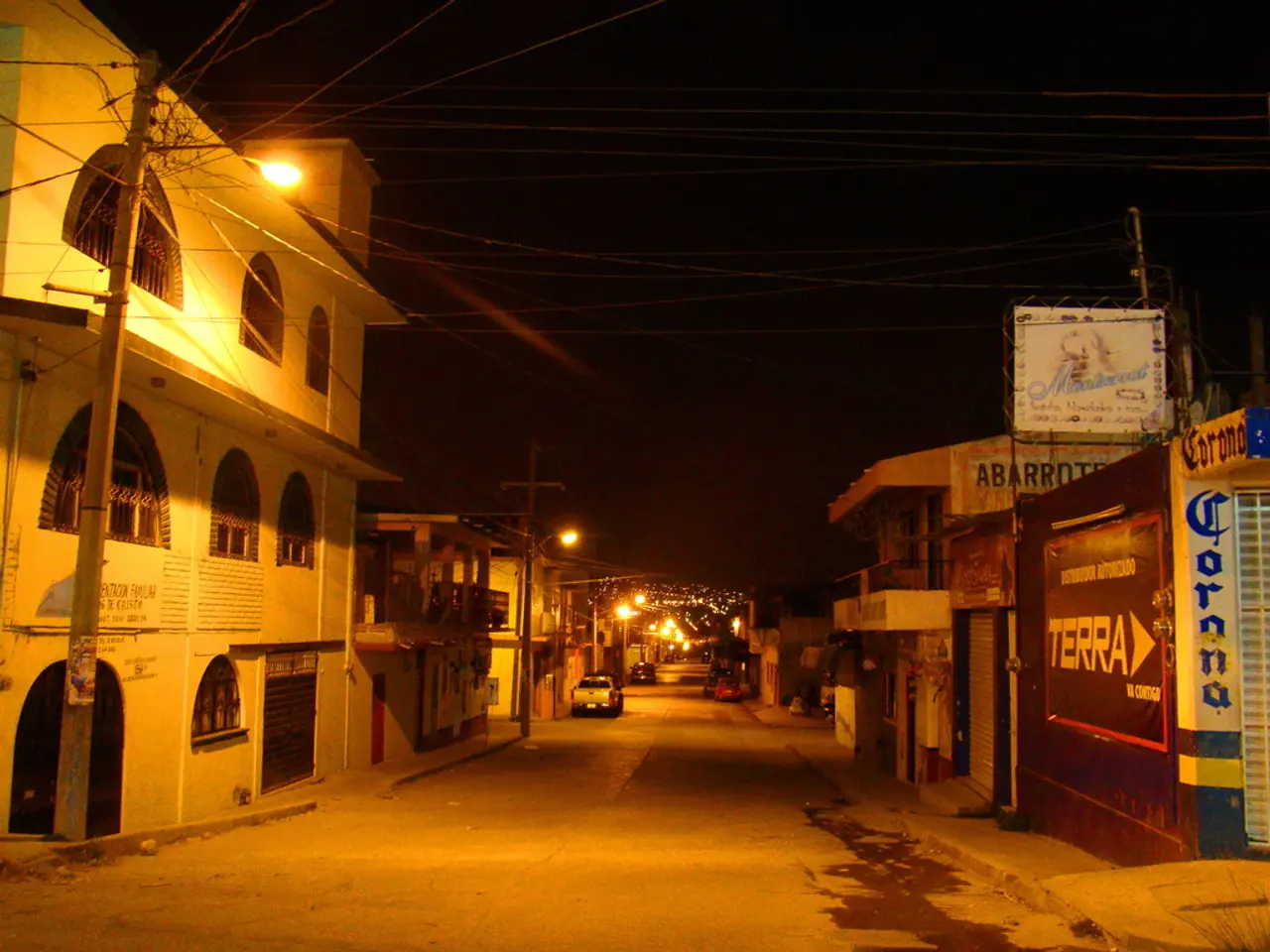Argentina petitioning for the suspension of a judgment concerning YPF in the U.S., deeming it "legally ineffective"
Argentina is embroiled in a significant legal dispute over its control of state-owned oil company YPF, following a US federal court ruling that orders the Argentine government to surrender its 51% majority stake in the company. This judgment is part of a $16.1 billion debt settlement with minority shareholders Petersen Energía and Eton Park Capital, who sued after Argentina's 2012 nationalization of YPF from Spanish company Repsol without what they allege was proper compensation.
### Legal Implications
The ruling, handed down by US District Judge Loretta Preska, requires Argentina to transfer 51% of YPF shares within 14 days to a custody account managed by BNY Mellon to partially satisfy the judgment against the state. The plaintiffs argued compensation was insufficient when Argentina took control of YPF, violating the company's bylaws and shareholders' rights. The court sided with them, recognizing minority investor claims and enforcing them extraterritorially.
This ruling risks the forced transfer of shares, impacting YPF's control and complicating Argentina's ability to manage its energy assets amid ongoing economic challenges.
### Political and Economic Fallout
President Javier Milei has condemned the ruling, blaming previous governments and vowing to appeal the decision aggressively. The ruling caused a 1.4% drop in YPF's US-listed shares and pressured Argentina's stock market, reflecting investor concerns about sovereign risk and legal exposure.
The ruling threatens Argentina's energy ambitions, especially projects like the $3 billion Vaca Muerta Sur pipeline critical to LNG export goals. YPF's operational control risks being undermined, jeopardizing financing and partnerships with global oil companies such as Chevron and Shell.
### Appeal Process
The government under President Milei is actively pursuing an appeal to overturn or mitigate the ruling. The appeal aims to prevent the forced share transfer and protect YPF's operational integrity while addressing the debt claims through negotiations or alternative legal channels. The legal dispute could take years, impacting Argentina’s energy sector stability and foreign investor confidence.
Manuel Ardoni, Argentine government spokesperson, has stated that the ruling is legally unenforceable. Ardoni added that the shares are not in the state's possession and are not legally transferable. The ruling by a New York district judge states that the Argentine state must deposit the class D shares of YPF in a global custodian account at multinational bank 'Bank of New York Mellon Corporation' within 14 days of the order's date. Ardoni claims that the handover of YPF shares requires congressional authorization by a two-thirds majority and disregards sovereign immunity.
This process took place under the presidency of Cristina Fernández, who is currently serving a six-year prison sentence from her home in Buenos Aires for corruption. Burford Capital requested control of the YPF shares, along with attachments and other measures, in April 2024. The Argentine Government is working on an appeal against the ruling.
- The legal ruling, which requires Argentina to transfer control of 51% of YPF shares to satisfy a debt settlement, has sparked political protests from President Javier Milei and economic concerns within the finance industry, as it threatens Argentina's energy ambitions and may impact foreign investments, particularly from companies like Chevron and Shell.
- The ongoing legal dispute over YPF, with demands for the Argentine government to surrender its majority stake in the state-owned oil company, has escalated tensions in the political landscape, prompting accusations of legal violations and sovereign immunity infringements, while industry experts scrutinize the potential repercussions on general-news platforms.




